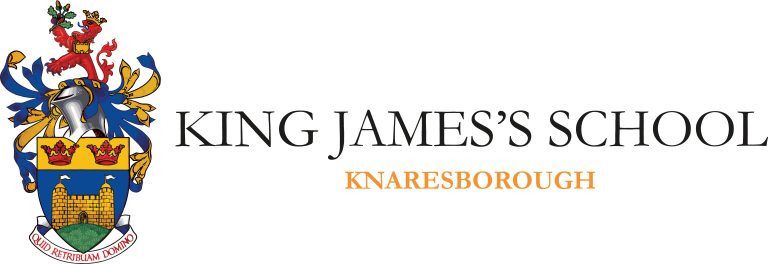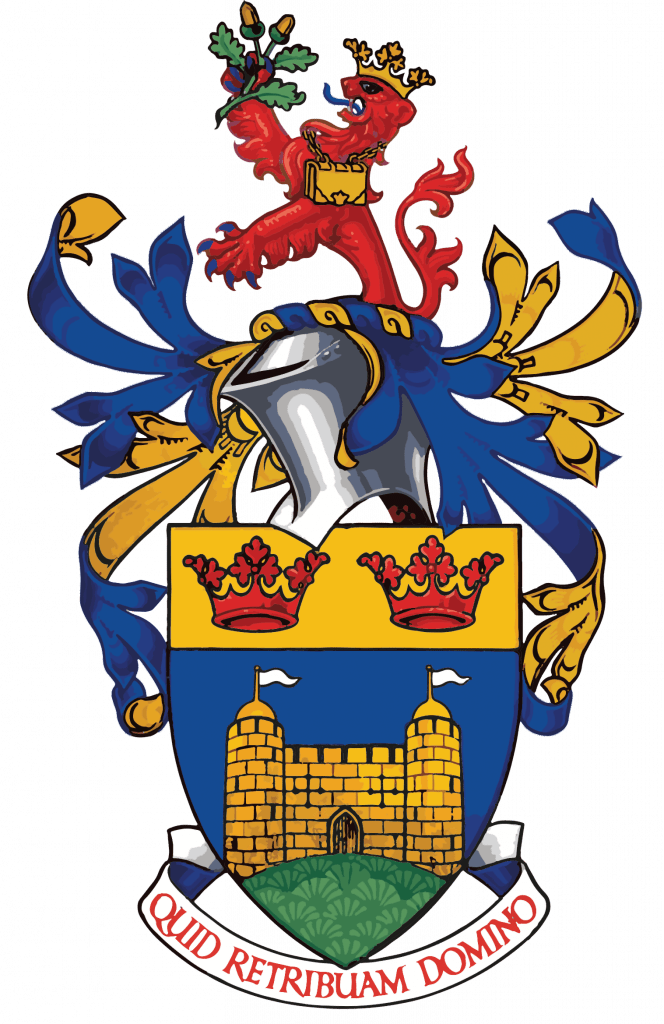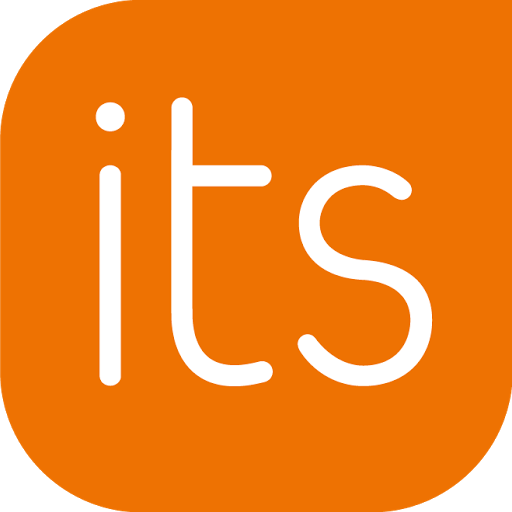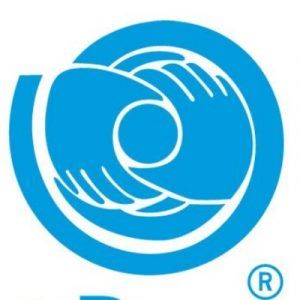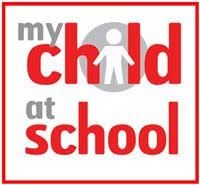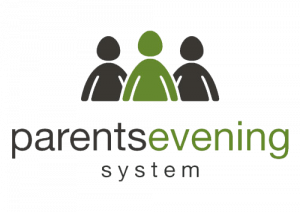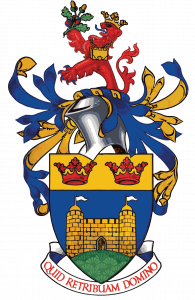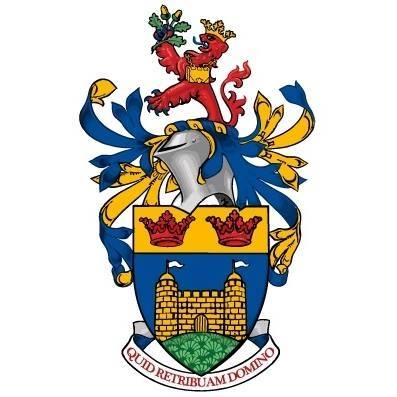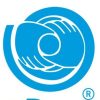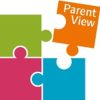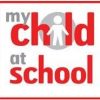Year 7 Literacy and Numeracy Catch-up Premium
In 2020/21 King James’s School received £30.1K Recovery Premium funding.
This money has been used to pay for 1:3 tuition by a specialist teacher for English and for mathematics, and it partly funds our Accelerated Reader programme. Students are placed on a 6 week ‘catch up’ programme where a specialist tutor will liaise with the English / Maths teacher to identify specific areas of weakness and then provide support in mastering these basics.
Whilst it was evident in 2020/21 that these students did make progress it was not always easy to identify whether the catch up programme had made the difference or a combination of wider factors when evaluated against the implications of Covid.
In line with DfE guidance, as final payments of the Year 7 catch-up premium were made in relation to the 2019 to 2020 academic year, the 2020 to 2021 academic year was the last year on which the school must report how this funding was used.
Impact Statement for Mathematics: 2020/21
For last year’s intervention we only covered two of the learning cycles due to the lockdown.
In learning cycle 1, as we have done for the past few years, we targeted all the students in Year 7 who were assessed on entering ‘working towards’. This was a cohort of 33 students, of which 58% improved or maintained their benchmark in the assessment at the end of learning cycle 1.
Out of the 33 students 10 of them were pupil premium students, of these 70% improved or maintained their benchmark in the assessment at the end of learning cycle 1.
In learning cycle 2 we identified 24 students who after their learning cycle 1 assessment were performing below their benchmark. Of this cohort 12 of them were pupil premium students.
Overall we saw an 80% improvement in the learning cycle 2 assessment and a 58% improvement amongst the pupil premium students.
Impact Statement for English: 2020/21
71% of year pupil premium students who accessed the 1:3 intervention programme made progress between their baseline assessment and the final assessment (students were assessed at the beginning and end of the cycle. Absence was a factor for the remaining percentage of students who did not complete the final assessment but internal tracking information indicates that for LC1 and LC2, their progress was consistent, indicating that the intervention was supportive of their needs. There was one student who did drop a sub-level between LC1 and LC2 (after the intervention) but student was given additional class support and Wave One differentiation. Under ordinary circumstances, this student would be monitored closely between LC1 and LC4 but this was not possible last year due to COVID. 77% of students involved in this intervention made at least one sub-level of progress within the 1:3 cycle, with the majority of those selected for intervention in having a low starting point of D- at the beginning of the year and moving up to D+.
There was an additional year 9 group that was created for students with weak reading and writing skills. They received 1:1 support from classroom staff. Two of these students were PP: the progress of one student was consistently around the D-/D+ borderline and the other made good progress between LC1 and LC2, increasing to M- after LC2 (creative writing unit), suggesting that the focused intervention was beneficial.
Additionally, in LC1, three pupil premium students (7x non-PP) took part in a reading-based intervention once per week with TAs. This was not formally assessed but an analysis of internal progress measures indicate that these students did benefit from the extra support as their numerical data stayed either broadly consistent or showed a positive trend of increase between LC1, LC2 and the beginning of LC3. Proportionally, PP students in year 7 are slightly weaker than non-PP students, and this is more visible at the beginning of the year. The expectation is that Wave One strategies in class and departmental intervention support and raise the progress of these students sufficiently by LC4, and that the gap does decrease somewhat by the end of the year.
In LC3, a further group of year 9s received the 1:3 intervention, with 8 PP students included but this time for a reading-specific intervention. However, there is no available impact data as the cycle did not run its full course due to the national lockdown.
